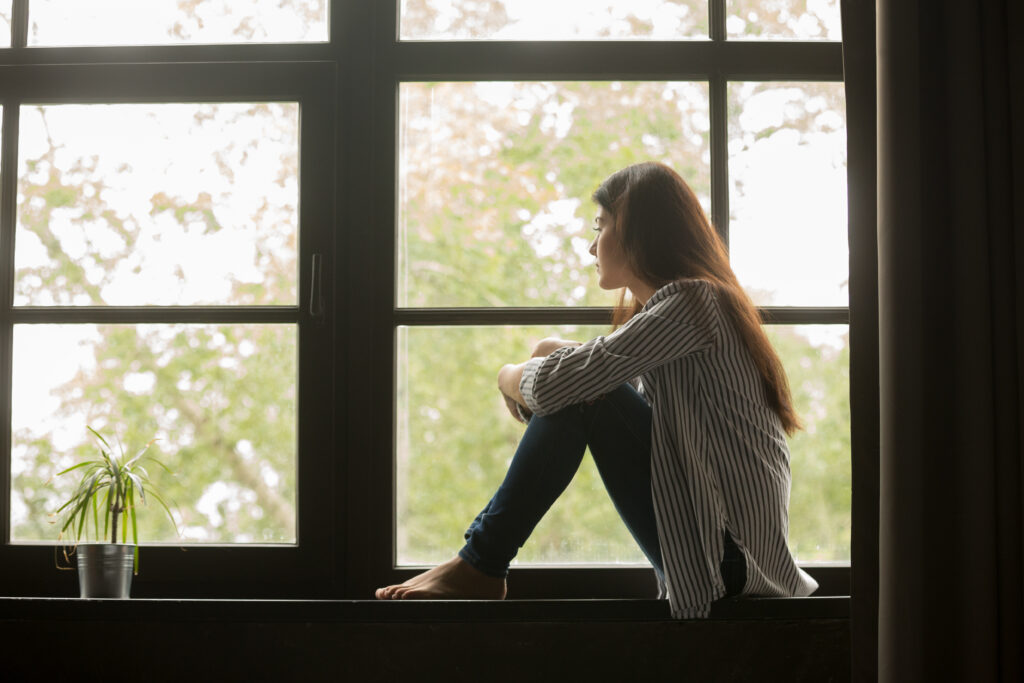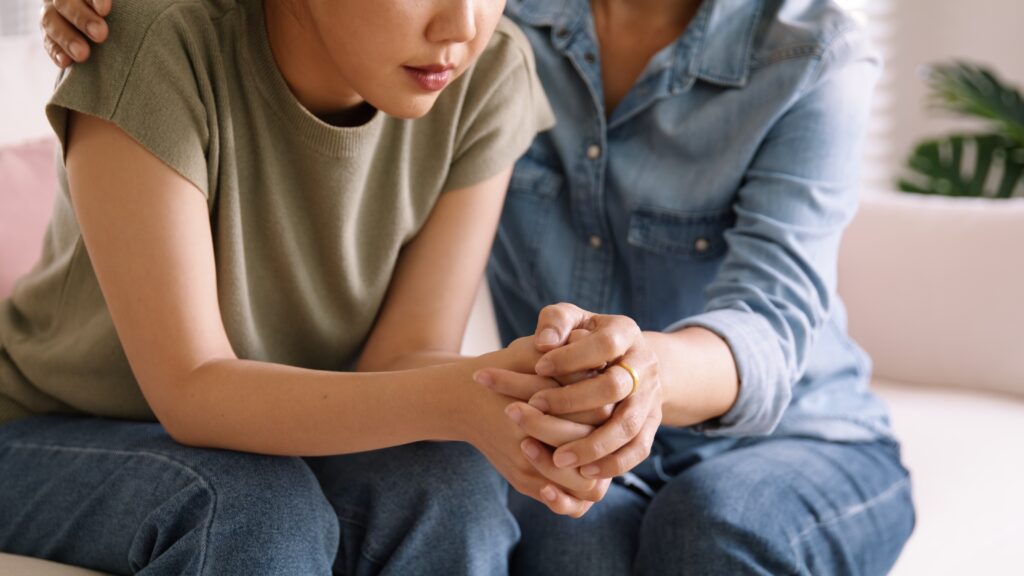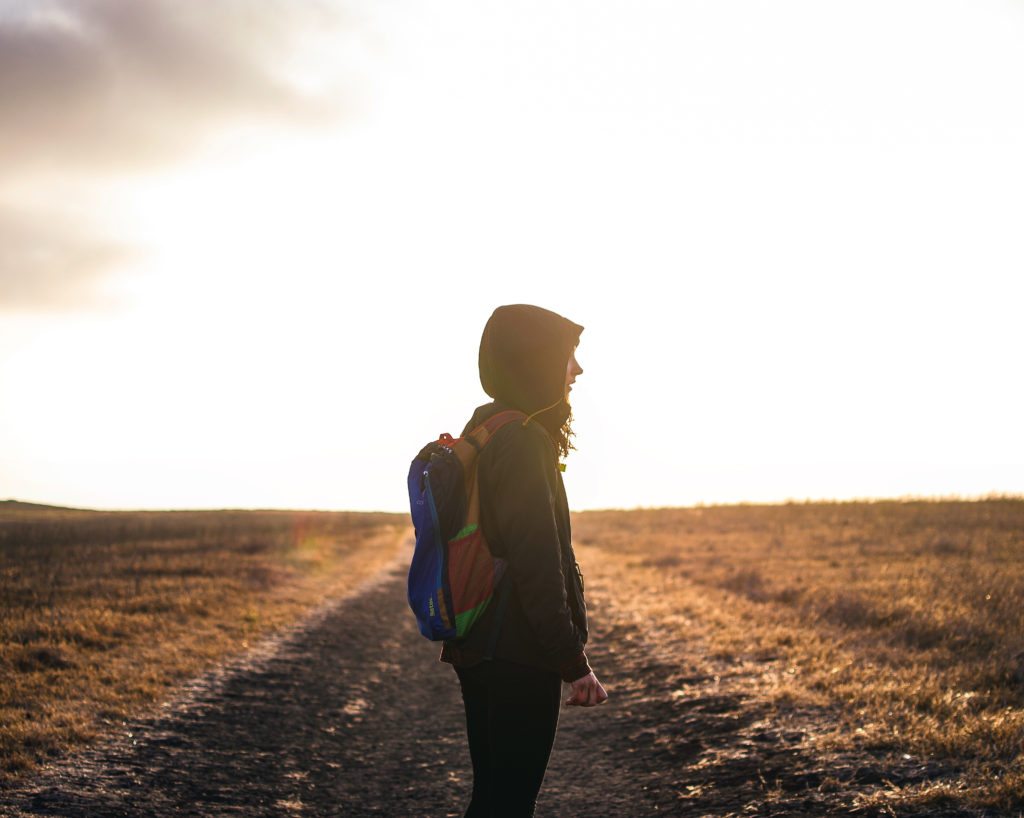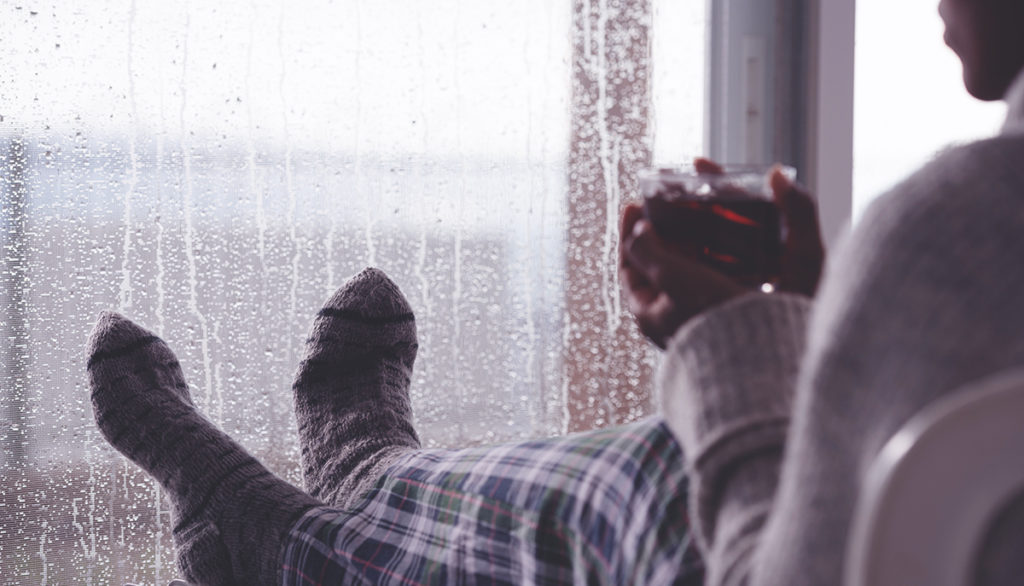Even in a world overflowing with digital connections, loneliness is on the rise. According to Medibank’s fourth We Are Lonely Index, 39 per cent of 16-34-year-old Australians experience high levels of loneliness. What’s more, 73 per cent of international students say they feel lonely at least once a week.
Loneliness isn’t just an emotional state; research shows it has serious health implications. According to studies by UN groups on loneliness, the health risks are similar to smoking 15 cigarettes a day. These include a 29 per cent increase in heart disease, increased risks of stroke, early-onset dementia, and various negative mental health outcomes.
However, it’s important to note that loneliness itself is not a mental health condition but rather a life experience that signals the need for meaningful human connection.
To help shed light on this pressing issue and explore what real connection means, Insider Guides reached out to two people who feature in the latest edition of the We are Lonely Podcast: Tim, a student grappling with loneliness in Melbourne, and Tessa Blencowe, a counsellor dedicated to helping others navigate loneliness. In our chat, they offered invaluable advice on tackling loneliness and building meaningful connections.
What is loneliness? Tim’s story
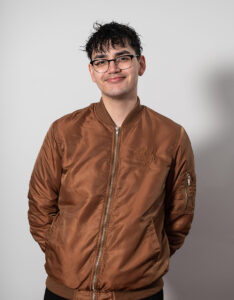 Navigating the complexities of loneliness in a new city is no small feat – something Tim, a 24-year-old student at the University of Melbourne, knows all too well. Born in Thailand but raised in Perth, Tim brings a unique perspective to the conversation on loneliness.
Navigating the complexities of loneliness in a new city is no small feat – something Tim, a 24-year-old student at the University of Melbourne, knows all too well. Born in Thailand but raised in Perth, Tim brings a unique perspective to the conversation on loneliness.
“It comes with the territory of sadness. It’s just that feeling of having no one,” he says candidly.
For Tim, being a gay, mixed-race man in Australia adds extra layers to this universal feeling of loneliness.
“Sometimes I feel like my life is very niche,” Tim observes. “My perspective and how I experience things come through the lens of being mixed race and queer. Sometimes I feel like, ‘Oh my god, who else is going through the same thing that feels the same way?’”
Tim’s go-to escape? Gaming. It serves as a break but can sometimes also doubles as an unhealthy coping mechanism.
“Gaming is the one thing I typically fall back on in my time when I don’t know what to do,” he notes, but cautions, “It becomes a disruption when it turns into actively procrastinating and avoiding responsibilities.[Sometimes] I’d rather [game] than have to face the fact that I’m lonely.”
So, what’s the antidote? For starters, Tim stresses the importance of courage.
“Putting yourself out there is the first step, but it’s also the hardest,” he advises. Embracing this first step is key to finding a community that you relate to.
“I know, for a lot of people like me, it’s about finding a community that you belong to. Whether it’s finding other gamers or other gay Asians that I’m able to connect with, that’s been crucial for me,” he says.
Tim has now found his own “chosen family,” a group of people with whom he shares common life experiences, even though they come from diverse backgrounds.
He also adds that it’s crucial not to underestimate the power of simple interactions. “As much as everyone hates the [first-week-of-class] icebreakers,” he jokes, “they give you that opportunity to meet people.”
For Tim, the ultimate goal is to keep going: “Putting yourself out there is 100% easier said than done. But I’m optimistic. It doesn’t just happen overnight. It’s something you have to take day by day.”
Overcoming loneliness: Tessa’s advice
 Tessa Blencowe is a counsellor and author based in Wollongong and is redefining the conversation around loneliness. As the founder of the international exhibition, Lonely Together, Tessa has designed an immersive installation aimed at reducing the shame and stigma associated with loneliness. For her, this emotion isn’t a dead-end but a call to action for self-discovery and reconnection.
Tessa Blencowe is a counsellor and author based in Wollongong and is redefining the conversation around loneliness. As the founder of the international exhibition, Lonely Together, Tessa has designed an immersive installation aimed at reducing the shame and stigma associated with loneliness. For her, this emotion isn’t a dead-end but a call to action for self-discovery and reconnection.
With a drive to help young people develop self-awareness, Tessa shares some concrete tips for overcoming loneliness:
Practise self-compassion and kindness
Tessa advises against self-judgment for feeling lonely. Instead, she encourages you to ask, “What’s missing from my life?” Viewing loneliness as a compass can guide you toward reconnection.
Share with someone how you’re feeling
According to Tessa, a candid conversation about loneliness often serves as a catalyst for forming deeper connections.
“Research shows that people are kinder than we think,” she shares.
Get to know yourself
Sometimes, Tessa notes, loneliness is a symptom of being disconnected from oneself. She recommends taking time to engage in activities that foster personal well-being.
Pursue social activities that align with your values and interests
“Practising putting yourself in new environments is a life skill,” says Tessa, advocating for participation in clubs, workshops, or classes that resonate with you.
Reach out for additional support
Should loneliness begin to take a toll on your overall wellbeing, Tessa urges contacting a mental health professional or helpline for specialised support.
Support services for loneliness
If you’re an international student and loneliness is hitting you hard, know that you’re not alone and there’s help available.
Medibank has a podcast called We Are Lonely that’s packed with expert advice and real-life stories from people who’ve been in your shoes. They’ve also teamed up with ReachOut to help grow their PeerChat program, a text chat service that connects you with people who understand what you’re going through.
Educational institutions also typically offer counselling services geared towards student wellbeing. Should you find that loneliness is severely impacting your life, don’t hesitate to consult a general practitioner (GP) for more specialised support and resources.
If you need to speak to someone now, you can reach Beyond Blue on 1300 224 636 or call Lifeline on 13 11 14.
Medibank’s purpose is to improve the health and wellbeing of all those who study or work in Australia, including visitors from overseas. Understanding loneliness is the first step towards conquering it. You’re not alone, and help is available. Learn more about managing loneliness by checking out the Medibank We Are Lonely podcast.
Medibank offers Overseas Student Health Cover (OSHC), giving you access to necessary health services during your stay. Call Medibank or ahm today to find out how they can support you to plan for better health.

